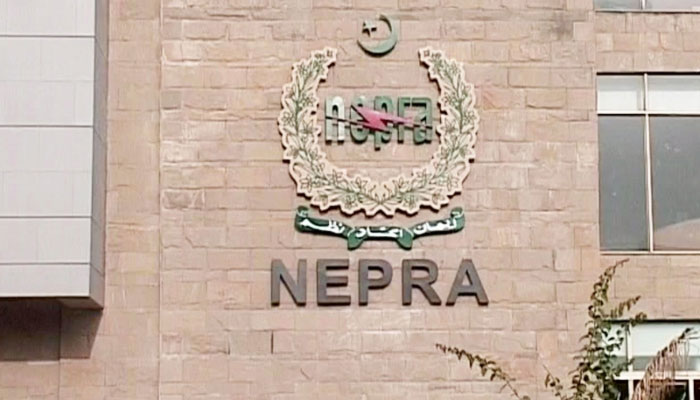Nepra hearing: IPPs capacity payments projected to rise by 33% to Rs2.8tr in next fiscal
In FY 2023/24, capacity payments constituted 71% of power purchase price, while 29% was energy cost
May 24, 2024

- For FY 2024/25, capacity payments projected to soar.
- This surge will significantly impact electricity bills.
- Installation of more IPPs continues.
ISLAMABAD: Pakistani consumers find themselves grappling with escalating electricity bills as capacity payments to independent power producers (IPPs) devour a significant chunk of their expenditures.
In the fiscal year 2023/24, capacity payments constituted a staggering 71% of the power purchase price, while a mere 29% was energy cost. The burden weighed heavily on consumers, with capacity charges soaring to Rs16.22 per unit, while energy charges stood at Rs6.73 per unit. For the fiscal year 2024/25, capacity payments are projected to soar to Rs2.8 trillion, up from Rs2.1 trillion in the current fiscal year, representing a one-third increase. This surge is set to significantly impact electricity bills, which are already heavily burdened by these charges.
During a public hearing on Thursday by the National Electric Power Regulatory Authority (NEPRA), interveners highlighted the detrimental effects of high electricity prices on industrial operations. Many industrial units have already shut down, and consumption is expected to fall further with the anticipated rate hikes. The Central Power Purchasing Agency (CPPA) presented scenarios for the upcoming financial year, indicating an expected hike of Rs5 per unit. This increase would add Rs 310 billion to consumers’ bills, with the total power purchase price projected to be Rs 3.58 trillion, up from Rs 3.28 trillion this year. The capacity payments alone will constitute a substantial portion of this amount, ranging from Rs 2.1 trillion to Rs2.8 trillion.
Despite the rising capacity payments, the installation of more IPPs continues, with three new plants recently added to the national grid. The payments are indexed to the dollar, exacerbating the financial strain due to the rupee’s devaluation. Alarmingly, even power plants that invested in rupees are receiving dollar-indexed payments due to existing agreements.
Capacity payments, made to power plants that remain idle, are a significant factor in the inflated costs. The CPPA petition for FY2024/25 outlines various scenarios based on the demand growth, exchange rates and hydrological conditions. The projections suggest that consumers will bear the brunt of 2.4 % of US inflation, 12.2 % of domestic inflation, and high-interest charges on electricity purchases.
Energy costs for the next fiscal year are projected to range from Rs 8.61 per unit to Rs 9.34 per unit, with capacity charges between Rs 15.49 per unit and Rs 17.42 per unit. For the current year, capacity charges were Rs 16.22 per unit, while energy charges stood at Rs 6.73 per unit.
Regarding net metering, it was informed that work started in 2015 but was expedited during the last year. As many as 870-MW from solar net metering had been added during the last eight months. The Nepra stressed the need for actual electricity demand to determine realistic electricity prices for budgeting. It was informed that consumers were reducing electricity consumption due to higher prices. It was also noted that solar-based electricity was increasingly replacing the industrial base.
The CPPA has submitted its projected power purchase for the fiscal year 2024-25, estimating a total cost of Rs 3.58 trillion. This is Rs 310 billion higher than the current price of Rs3.28 trillion. The report outlines seven scenarios for determining the consumer-end tariff, factoring in varying demand growth (3-5 %), exchange rates (rupee at 275 and 300), and hydrological conditions. The projection indicates that consumers will bear 2.4 % of US inflation, 12.2 % of domestic inflation, interest charges of 21.37 % and a market operator fee of Rs 3.48 per unit. Proposed fuel costs range from Rs 8.61 to Rs 9.34 per unit, and capacity charges from Rs 15.49 to Rs 17.42 per unit for 2024-25.
The projected total power purchase price for the next fiscal year ranges from Rs 25.03 to Rs 27.11 per unit, with increases between Rs 2.07 and Rs 4.16 per unit.
Additionally, the distribution margins of XWDiscos, currently Rs 3.10 per unit, are expected to rise by 15 to 20 %. This could result in an additional financial burden of Rs 337 billion to Rs 358 billion for Discos consumers in 2024-25.
Originally published in The News











